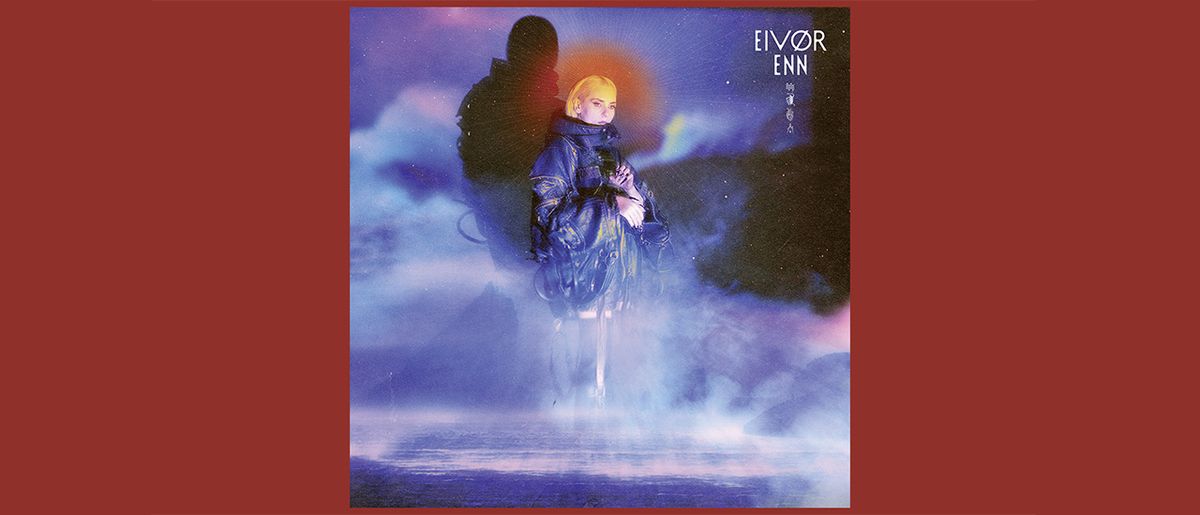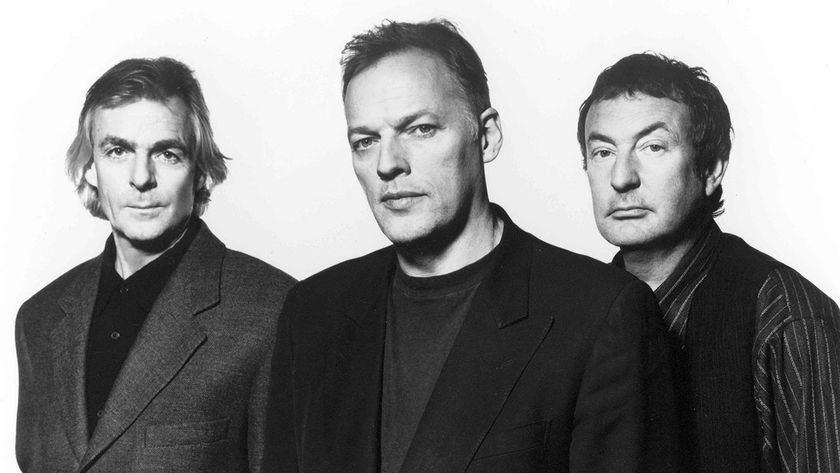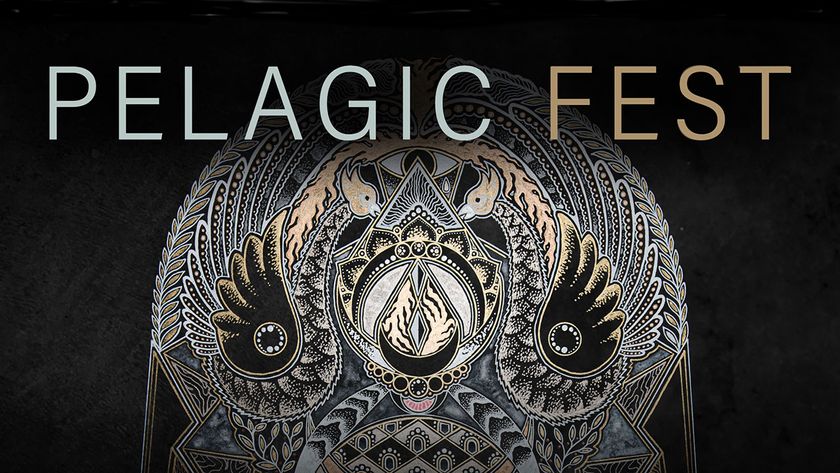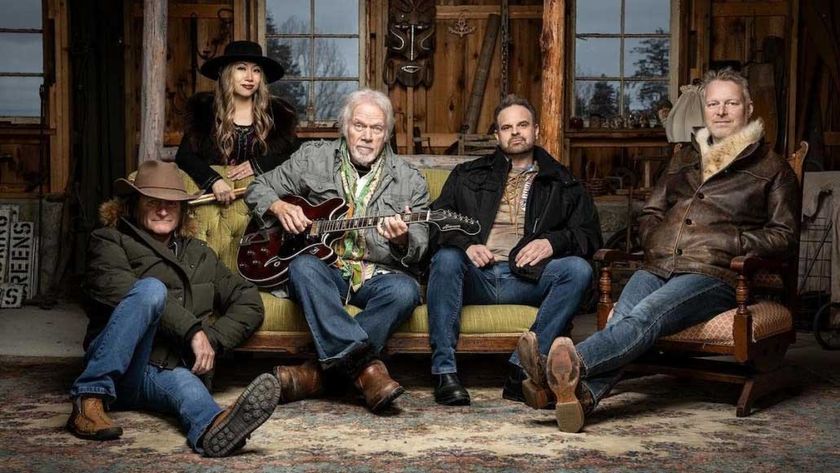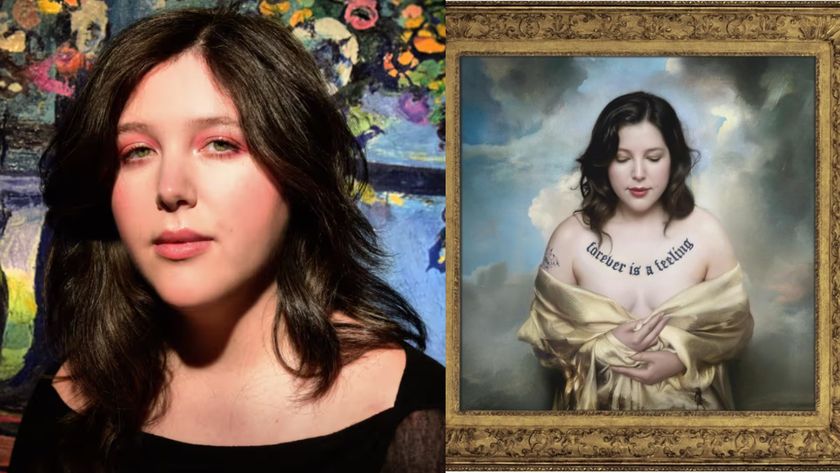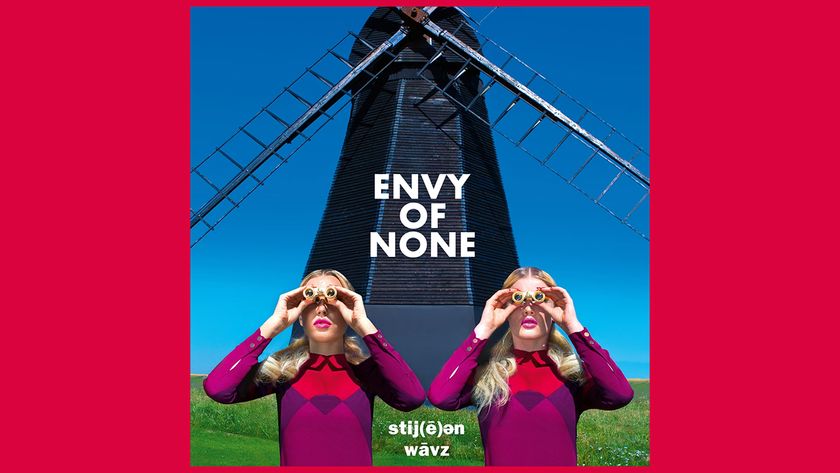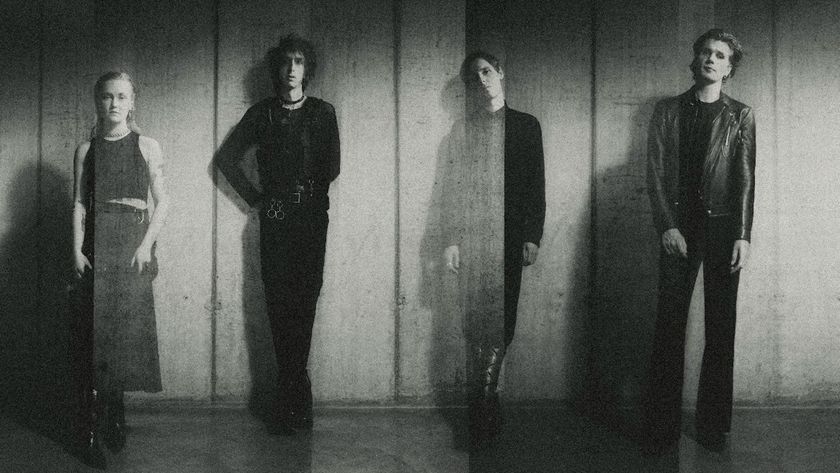Eivør, a celebrated figure on the Faroe Islands’ music scene, has released 10 albums independently before Enn, the consistent quality of which was recognised when she was awarded the Nordic Council Music Prize in 2021. Over that time she has bridged gaps between electronica, folk and classical music, while also, as on 2020’s Segl, singing more in English than Faroese.
On her debut for metal-oriented label Season Of Mist, though, Eivør relies on singing in Faroese, and leans into a style that, while occasionally getting heavy on us, faintly echoes the windswept, widescreen symphonic metal vibe of some of her Nordic contemporaries.
It’s a richly atmospheric affair from the start. There’s a meditative quality to the opener Ein Klota (‘A Planet’) as it wistfully evokes ‘a planet unanchored/Drifting without me.’
That quote comes from an English translation of the lyrics Eivør co-wrote with Faroese poet Marjun Syderbø Kjelnæs. It has been made available online, which adds an extra resonance to these songs – but they barely need recognisable word shapes to grip the heartstrings.
Eivør’s versatile vocals are another key asset, veering from Liz Fraser-style contralto to falsetto keening and soprano pomp
Hugsi Bert Um Teg (‘Still Just You’) is a tale of love-lorn insomnia, and it sounds like it means; the lyrics translate as arresting – yet still rhyming – couplets such as ‘A homeless yearning seeps under my bolted door/Fills the silence, back for more.’
Eivør’s versatile vocals are another key asset, veering from Liz Fraser-style contralto to falsetto keening and soprano pomp. The emotional impact is enhanced by elegantly arranged orchestral accompaniment – but there are traditional pop tricks at work too, as simple piano figures framed within descending chord progressions recur on Purpurhjarta (‘Purple Heart’).
They’re gradually joined by a growing symphonic swell as Eivør’s voice eventually reaches for Kate Bush-level higher registers as a similar tale of romantic longing unfolds.
Her penchant for varying aesthetic textures is still in evidence. Title track Enn (‘Still’) unfolds on the back of brooding techno locomotion as she gazes anxiously into the abyss. She delves deep into a darker musical well, summoning the doom metal gods on Upp Ur Oskuni (‘Rise From The Ashes’), where, in a whisper-growling voice, she addresses us menacingly as if her eyes have just flashed green and her emotional longing has led to full possession by otherworldly forces.
That’s an outlier within Enn as a whole, as reflected in the songs either side of it: the Bel Canto-esque Livsandin and the sweetly hymnal Gaia. That’s where the overarching melancholic, imploring feel of the album returns to close a captivating experience.
Enn is on sale now.
